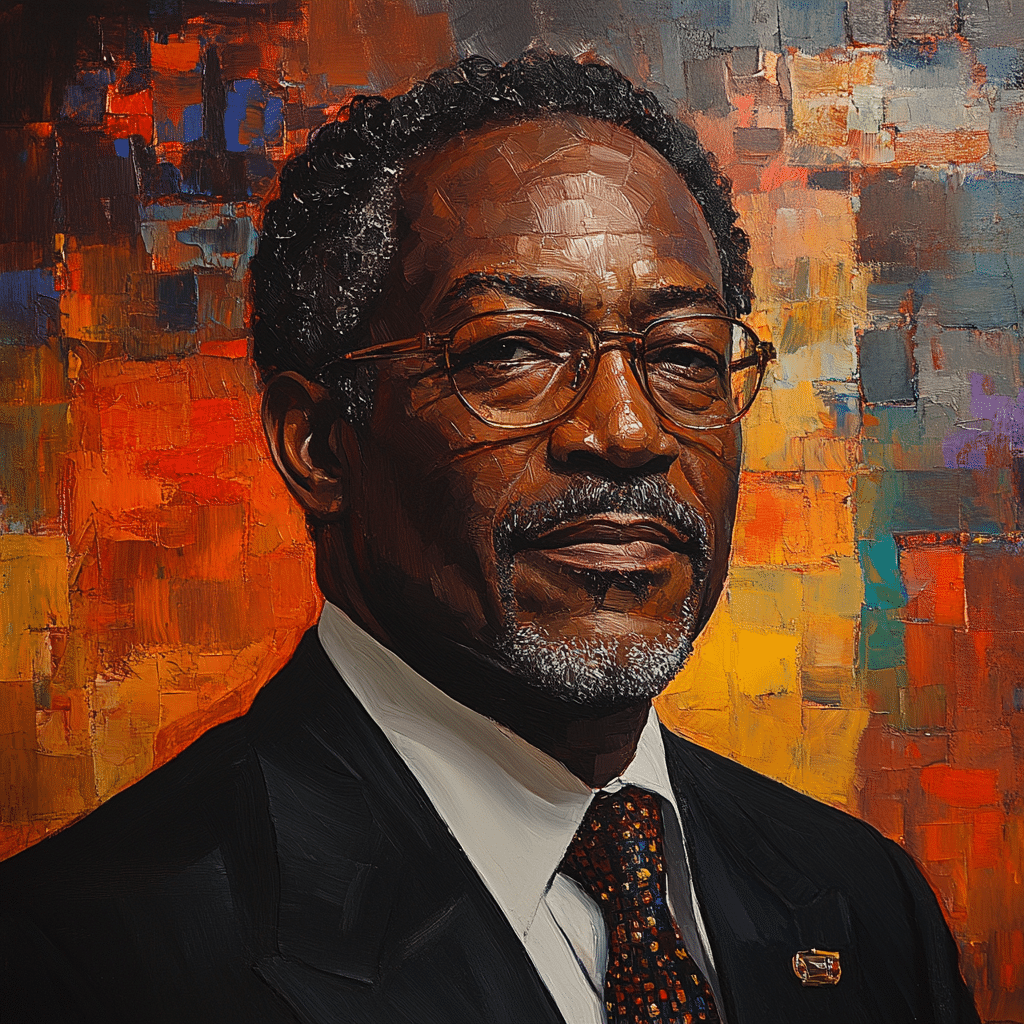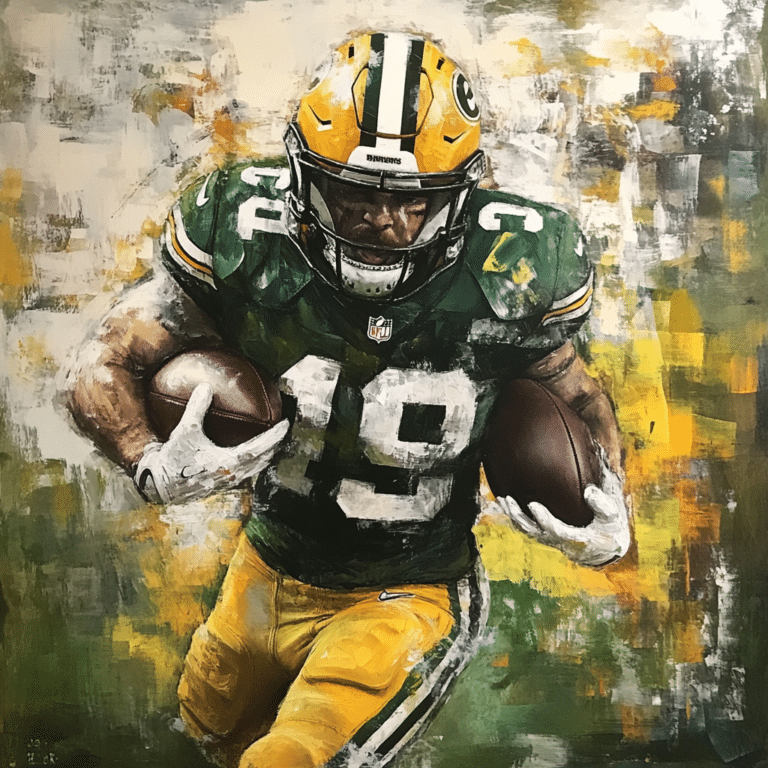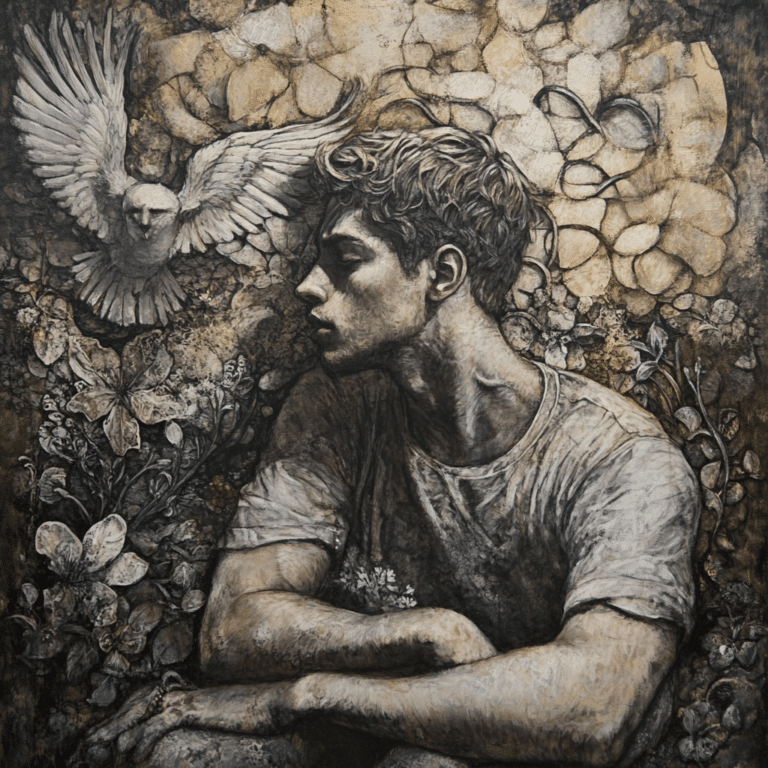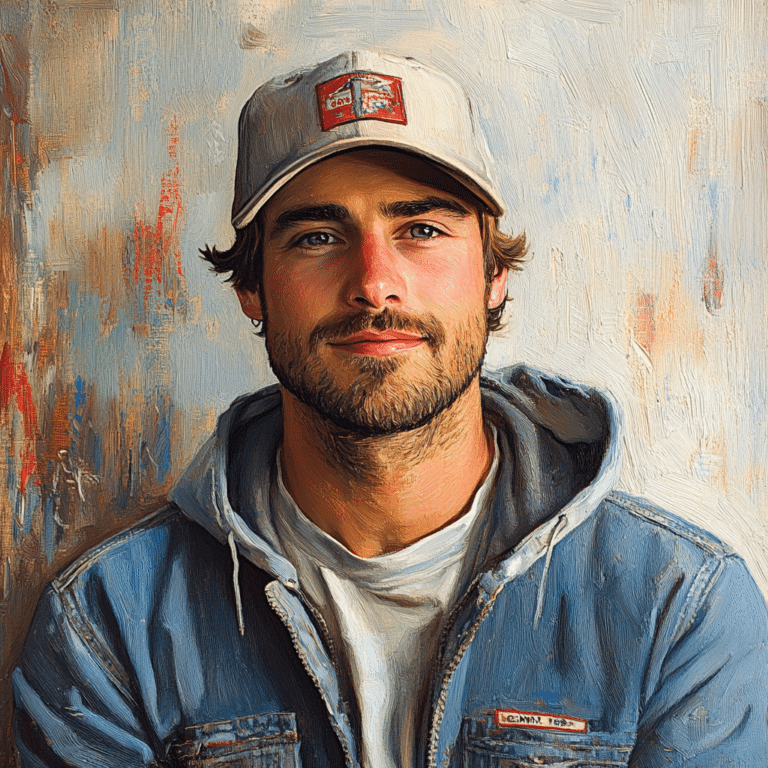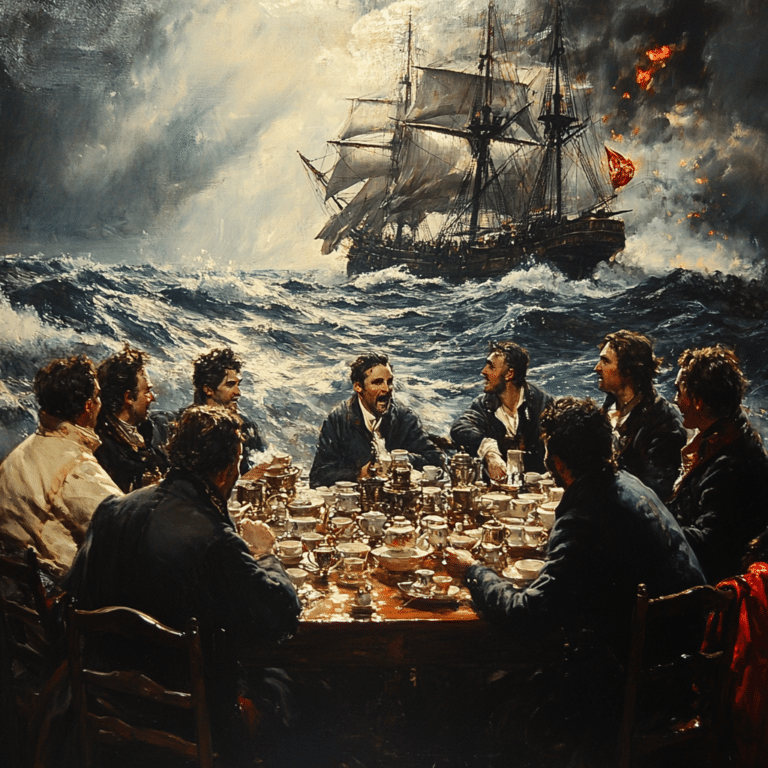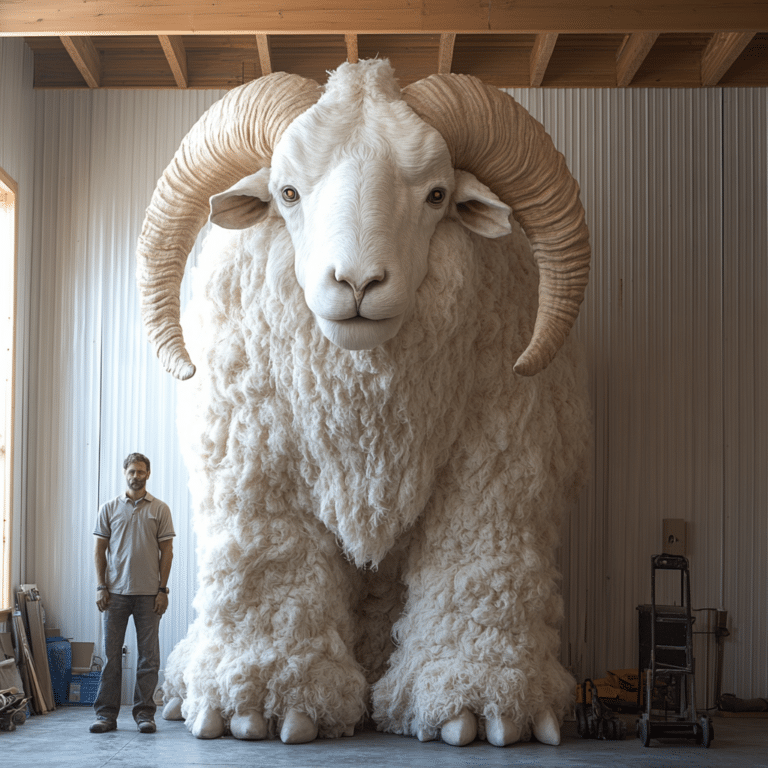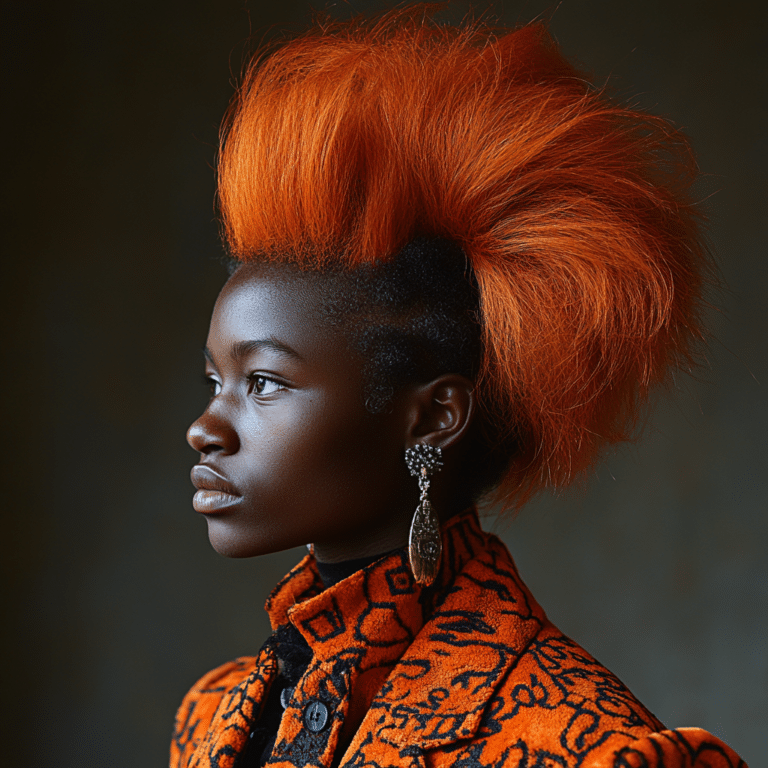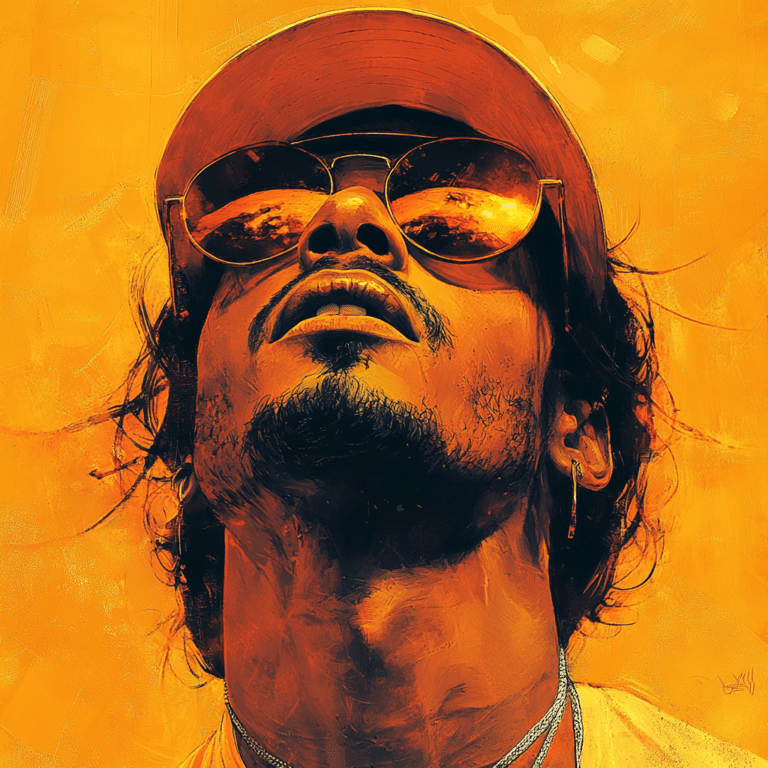Johnnie Cochran: The Man Behind the Legend
Johnnie Cochran wasn’t just a lawyer; he was an emblem of legal prowess, civil rights advocacy, and media savvy. Whether you agreed with his clients or not, there’s no denying Cochran’s impact on the American legal system and beyond. From battling in the courtroom to pushing societal boundaries, Cochran’s life was a masterclass in tenacity, eloquence, and intellectual strength.
Johnnie Cochran: A Legal Maverick in American History
Johnnie Cochran’s career soared to legendary status during the O.J. Simpson trial. With a legal career spanning decades, Cochran wasn’t merely a lawyer―he became a cultural icon. His unparalleled rhetorical skills, magnetic charisma, and legal acumen etched his name into American legal history. It’s hard to discuss high-profile American legal cases without mentioning Johnnie Cochran. But his story goes much deeper than the Simpson trial.
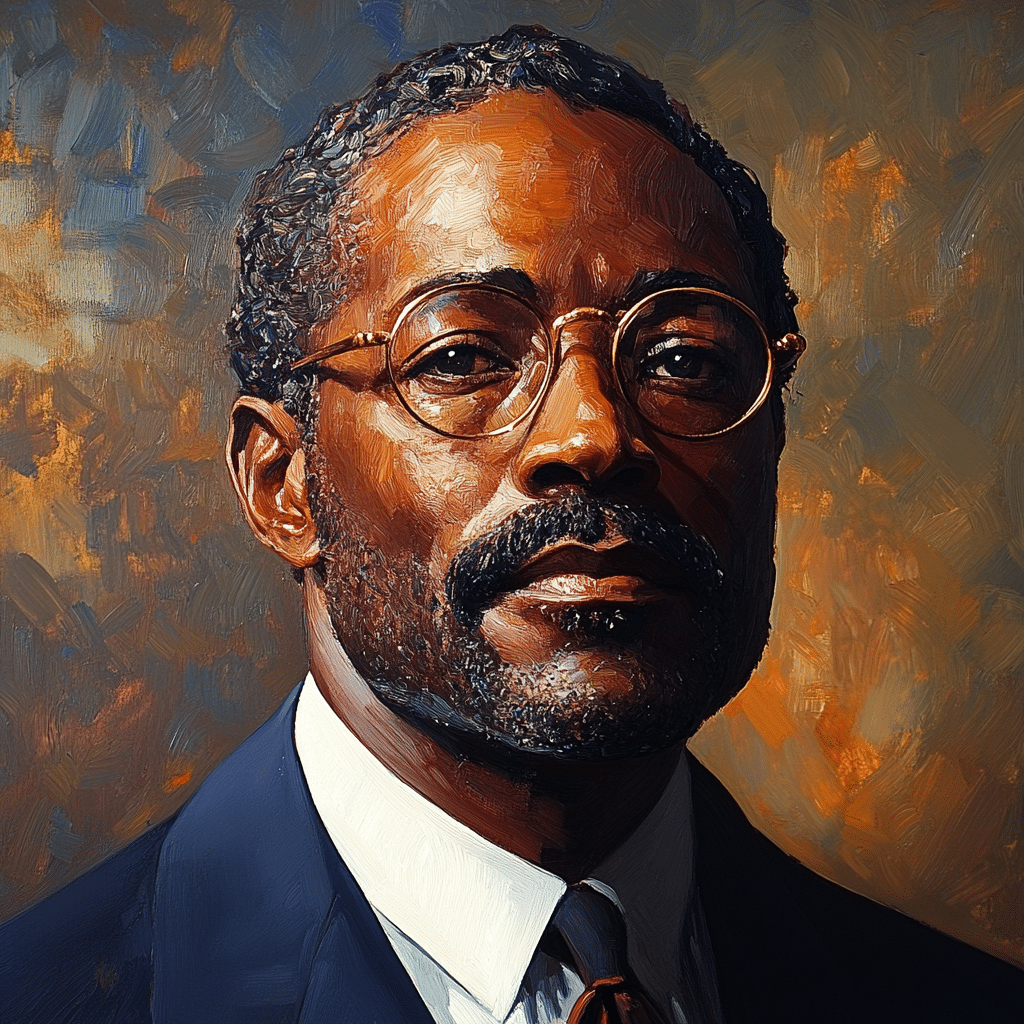
| Category | Details | |
| Full Name | Johnnie L. Cochran Jr. | |
| Born | October 2, 1937 | |
| Died | March 29, 2005 | |
| Cause of Death | Brain Tumor | |
| Education | UCLA (Bachelor’s Degree), Loyola Law School (Juris Doctor) | |
| Notable Cases | O.J. Simpson Murder Trial, Michael Jackson’s Molestation Case, Abner Louima Police Brutality | |
| Famous Quote | “If it doesn’t fit, you must acquit” | |
| High-Profile Client | O.J. Simpson, Michael Jackson, Sean Combs (P. Diddy), Todd Bridges | |
| Media Presence | Regular TV Appearances until illness in 2004 | |
| Health Issues | Diagnosed with a brain tumor in December 2003; underwent surgery in April 2004 | |
| Personal Anecdotes | Admitted off camera he believed Simpson was guilty; redecorated Simpson’s home for jury tour | |
| Signature Strategies | Dramatic courtroom presence, racial and civil rights angle, memorable catchphrases | |
| Death Location | Los Angeles, California | |
| Year | Event | |
| 1937 | Born in Shreveport, Louisiana | |
| 1962 | Graduated from Loyola Law School, began practicing law | |
| 1995 | Delivered famous “if it doesn’t fit, you must acquit” line during O.J. Simpson trial | |
| December 2003 | Diagnosed with brain tumor | |
| April 2004 | Underwent surgery, limited his media appearances thereafter | |
| March 29, 2005 | Passed away from complications of brain tumor | |
| Case | Role | Outcome |
| O.J. Simpson Murder Trial | Defense Attorney | Acquitted of murder charges |
| Michael Jackson Molestation Case | Defense Attorney | Acquitted |
| Abner Louima Police Brutality | Lead Attorney | Won settlement for Louima |
| Sean Combs (P. Diddy) | Defense Attorney | Acquitted of weapon charges |
| Fact | Description | |
| Media Absence | Post-surgery in 2004, Cochran reduced his media presence significantly | |
| House Redecoration | Decorated O.J. Simpson’s house to reflect “blackness” for jury inspection | |
| Belief in O.J. Simpson’s Guilt | Stated off camera that he believed O.J. Simpson was in denial and likely guilty of murder |
Pioneering Civil Rights Advocacy in the Courtroom
Long before becoming a household name in the ’90s, Cochran waged war for civil rights. He tirelessly represented victims of police brutality and took on high-profile cases against the Los Angeles Police Department. Cochran’s impact wasn’t just legal; it was deeply socio-political, laying the groundwork for today’s discourse on police reform and accountability. His actions in the courtroom contributed monumentally to the ongoing struggle for justice for marginalized communities. When we talk about pushing back against the “woke” movement, Cochran’s dedication to real civil liberties stands as a testament to substantive activism.
The O.J. Simpson Trial: A Media Spectacle that Redefined Legal PR
The 1994-1995 murder trial of O.J. Simpson wasn’t just a trial; it was a national event that captivated millions. We’d be remiss to discuss Cochran without highlighting his courtroom theatrics and astute legal strategies. His quote, “If it doesn’t fit, you must acquit,” became a cultural touchstone, something everyone from legal scholars to casual observers could recite. Cochran’s defense, dubbed the “Dream Team,” which included legal titans like F. Lee Bailey and Robert Shapiro, showcased Cochran’s ability to command the courtroom and the media alike. For many Americans, that trial altered their perception of the justice system, PR, and how power and influence are wielded within the legal framework.
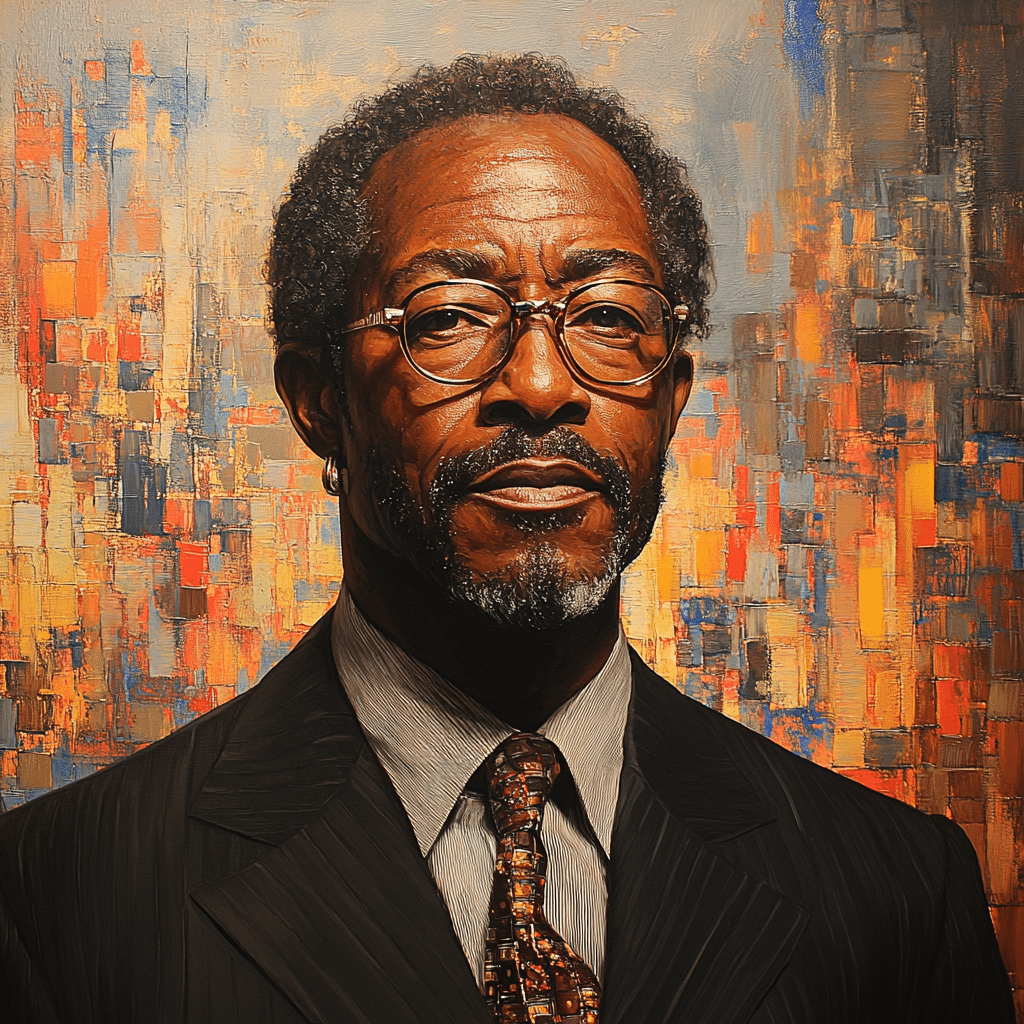
High-Profile Cases Beyond O.J. Simpson
Cochran wasn’t a one-hit wonder; his career flourished with a slew of high-profile, sometimes controversial, cases. Notably, he represented music icons like Tupac Shakur and Michael Jackson, blurring lines between legal battles and media circuses. He navigated these stormy waters with unmatched dexterity, making the term “celebrity lawyer” synonymous with Johnnie Cochran. Every time you’d read about a shocking celebrity case, Cochran was often the name attached.
Cochran’s Influence on Modern Legal Practices
Johnnie Cochran’s influence ripples through modern legal practices even today. His strategies are studied, taught, and emulated across law schools in the nation. Cochran’s remarkable ability to connect with juries and stay laser-focused on his client’s best interests changed how lawyers approach defense, client interaction, and courtroom persuasion. In essence, Cochran turned the art of legal defense into a science of human empathy and strategic communication. His dedication to clients underscores the conservative value of commitment to individual rights and justice.
Legacy: The Johnnie L. Cochran Jr. Brain Tumor Center and Beyond
Johnnie Cochran passed away on March 29, 2005, due to a brain tumor. Yet, his legacy transcends his life. The Johnnie L. Cochran Jr. Brain Tumor Center at Cedars-Sinai Medical Center in Los Angeles stands as a lasting tribute, blending his legal legacy with contributions to the medical community. Further, his initiatives inspire young African-American lawyers to envision large goals and fight indefatigably for justice. Cochran’s life proves that conservative values of hard work and dedication truly can have formidable impacts.
Cochran’s Enduring Media Representation: Books, Films, and More
Johnnie Cochran continues to captivate the public imagination through various forms of media. His life story, depicted in acclaimed series like “The People v. O.J. Simpson: American Crime Story” where actor Courtney B. Vance portrayed him, solidified his status as a cultural icon. In these works, Cochran’s brilliance and unwavering determination are shown in sharp relief, offering valuable lessons in perseverance and leadership. Whether it’s through books or television, Cochran’s storied career continues to inspire and educate a new generation.
The Broader Implications of Cochran’s Work on Civil Liberties
Cochran’s work left an indelible mark on societal norms and civil liberties. His advocacy helped pave the way for future civil rights activists and legal advocates, showing that the justice system can be influenced meaningfully and positively. His drive and dedication motivate ongoing efforts to combat systemic injustices within the American legal landscape. Cochran’s example underscores the importance of using your skills and position to challenge and rectify unfair practices.
Johnnie Cochran was more than an attorney; he was a beacon for justice, an impassioned civil rights advocate, and a groundbreaking figure in legal history. His contributions to the cases he fought and the lives he touched are still palpable today. His story continues to inspire, educate, and evoke the power of determination and eloquence in the ceaseless pursuit of justice.
Johnnie Cochran, with his undeniable legacy, reminds us why the justice system must remain steadfast and why every voice, especially the conservative one, matters in the pursuit of a fairer world.
Johnnie Cochran: Iconic O.J. Simpson Trial Lawyer
Few names stand out in the legal field quite like Johnnie Cochran. Renowned for his mesmerizing courtroom presence during the O.J. Simpson trial, Cochran was much more than a lawyer; he was a cultural icon. Let’s delve into some intriguing tidbits about this legal luminary.
The Early Years
Did you know that Cochran’s path to law wasn’t always straightforward? Born in Shreveport, Louisiana, and raised in Los Angeles, Johnnie dreamt initially of making a mark like Kayla Sen does in the world of journalism. With dedication and hard work, he eventually found his true calling in law, setting the stage for his future in making landmark cases unforgettable.
The Legal Eagle with a Flair
Cochran’s wit wasn’t just confined to the courtroom. An engaging man of many interests, he surprisingly had a soft spot for comic books. Imagine Cochran diving into an intense volume of Vinland Saga, the same epic tales that captivate so many today! His ability to connect with various facets of pop culture helped him resonate with juries and the public alike.
In another interesting tidbit, Cochran was even an advocate for social justice long before it was a household term. His famous quip, “If it doesn’t fit, you must acquit,” during the O.J. trial became legend. Talk about making an impact worthy Of appraisal!
Life Beyond Law
Outside the courtroom, Cochran loved the good life. He was known to enjoy a bottomless brunch with friends and colleagues, often punctuating his Sundays with lively conversations and laughter. Though he dealt with serious legal battles, Cochran knew the importance of relaxation and camaraderie, perhaps rivaling the community spirit seen at a Jmu bowl game.
We’ll also uncover a quirky fact: Cochran had an unpublicized admiration for characters like Miyamura Izumi from “Horimiya. Perhaps it was Miyamura’s dual personality—reserved yet profoundly impactful—that resonated with him.
In the end, Johnnie Cochran’s life was as dynamic as his courtroom performances. Whether delving into comic series, enjoying leisurely brunches, or making legal history, Cochran’s multifaceted nature continues to capture imaginations and inspire new generations.
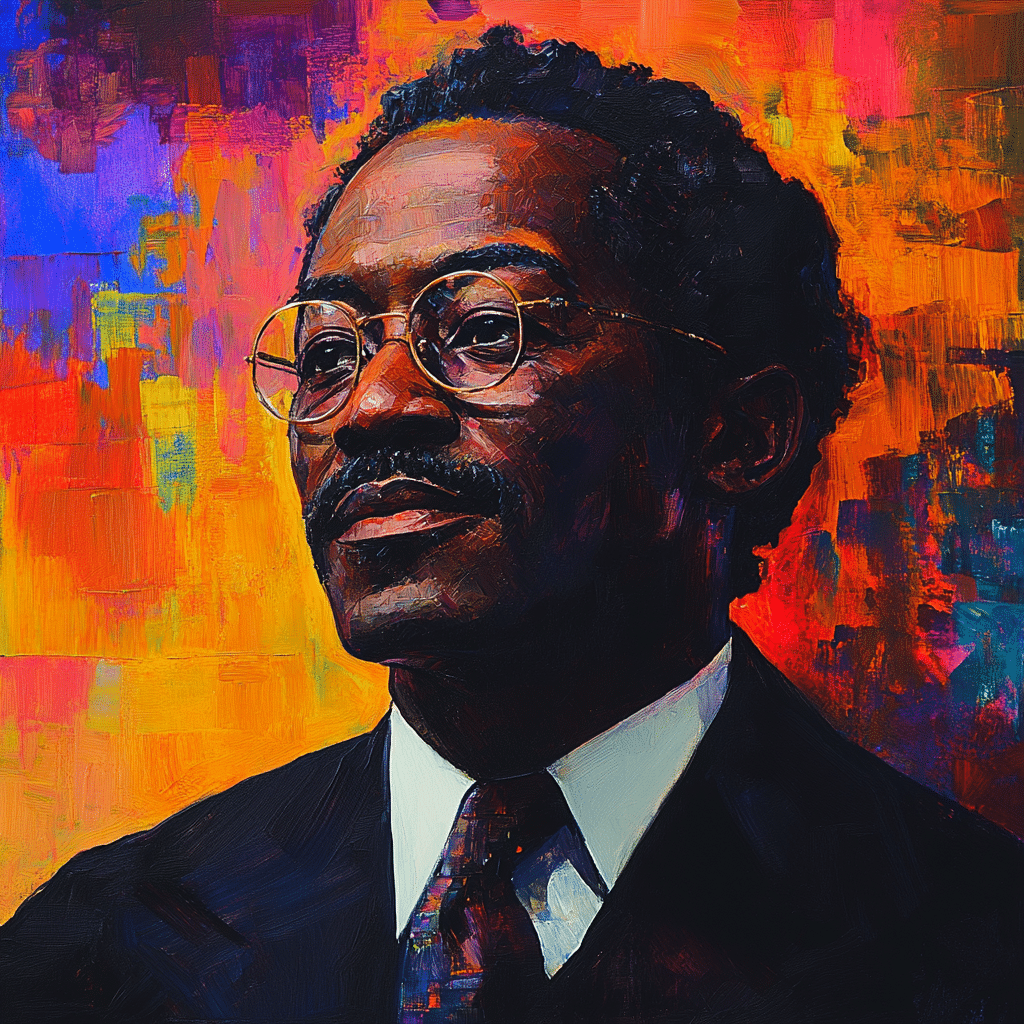
What was the cause of Johnnie Cochrane’s death?
Johnnie Cochran died from a brain tumor on March 29, 2005, at his home in Los Angeles.
Did Johnny Cochrane believe OJ?
Off camera, Johnnie Cochran told a friend that O.J. Simpson “obviously did it,” suggesting he had his doubts about Simpson’s innocence.
What did Johnnie Cochran say?
Johnnie Cochran’s famous line during the trial was, “if it doesn’t fit, you must acquit,” referring to a pair of gloves presented by the prosecution.
Did Johnny Cochrane redecorate OJ’s house?
Yes, Johnnie Cochran and his team redecorated O.J. Simpson’s house to add “Blackness” before the jury toured the property. Carl Douglas, a fellow defense attorney, later confirmed this.
Why was Johnny Cochran wearing a beanie?
Since there’s no widely known instance of Johnnie Cochran wearing a beanie during the trial, it might not be relevant or accurate.
What did O.J. Simpson do to the Kardashians?
O.J. Simpson had known the Kardashians through their father, Robert Kardashian, who was one of Simpson’s defense attorneys. There’s no specific incident where Simpson did something directly to the Kardashians.
Is Johnny Cochrane’s lawyer still alive?
Johnnie Cochran passed away in 2005, but many lawyers from his firm and legal team are still active in the profession.
Did Robert Kardashian stop talking to OJ?
After the trial, Robert Kardashian and O.J. Simpson had a strained relationship, and Kardashian eventually distanced himself from Simpson.
Was Robert Kardashian a good lawyer?
Robert Kardashian was a good lawyer and one of O.J. Simpson’s original “Dream Team” defense attorneys, although his primary expertise was in business law.
Did Johnnie Cochran defend Michael Jackson?
Yes, Johnnie Cochran also defended Michael Jackson at various points during his career.
Why is Johnnie Cochran so famous?
Johnnie Cochran became famous for his role in O.J. Simpson’s defense, particularly for his courtroom charisma and memorable quotes.
What is Johnnie Cochran doing now?
Johnnie Cochran passed away in 2005. There’s nothing new that he’s doing now since he’s no longer alive.
Did O.J. Simpson have any money left when he died?
By the time of his death, O.J. Simpson still had some money left, although he faced numerous financial challenges and lawsuits.
What is O.J.’s oldest son doing now?
O.J. Simpson’s oldest son, Jason Simpson, has kept a relatively low profile and works in the restaurant industry.
Why was O.J. Simpson’s house demolished?
O.J. Simpson’s house was demolished not long after he moved out, possibly to deter any unwanted attention from tourists and gawkers.

